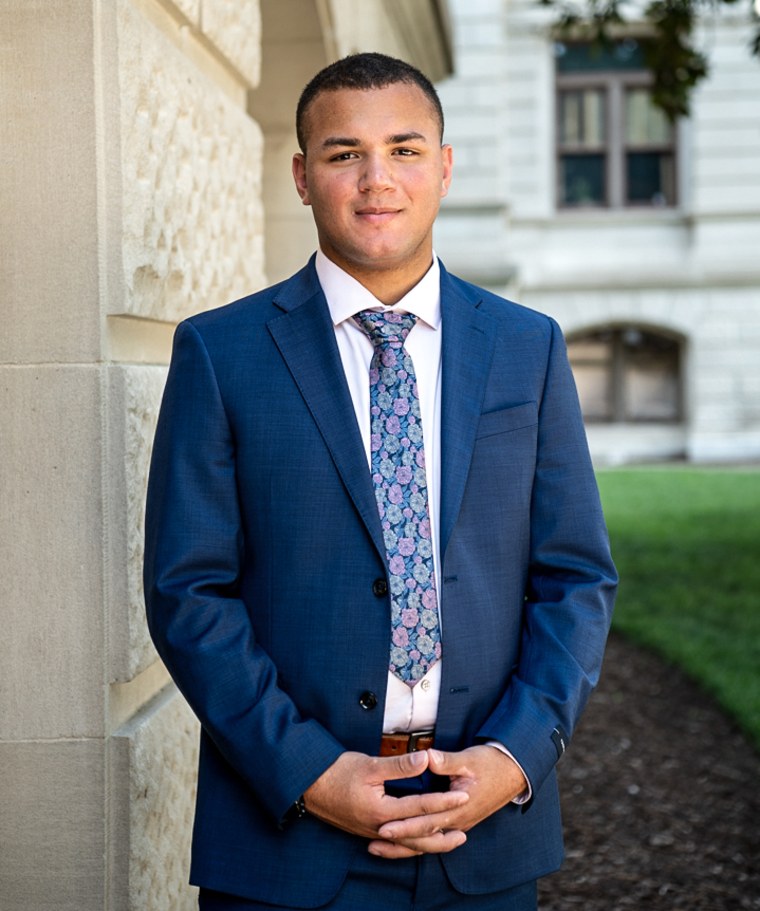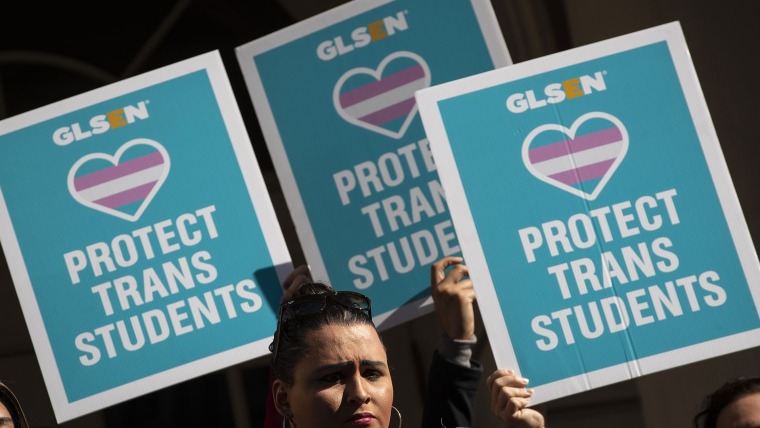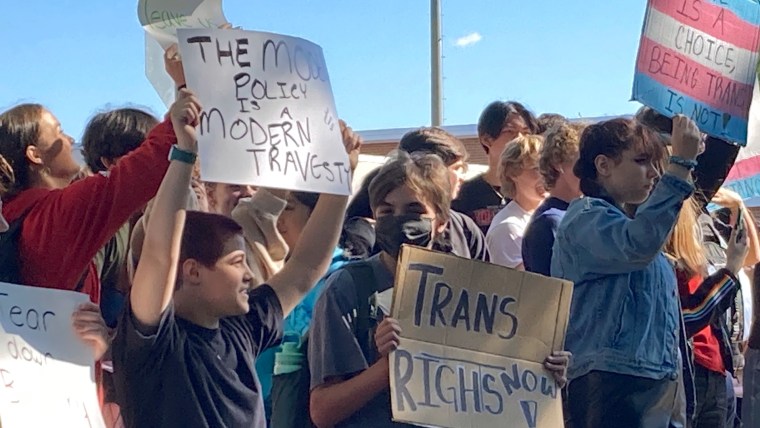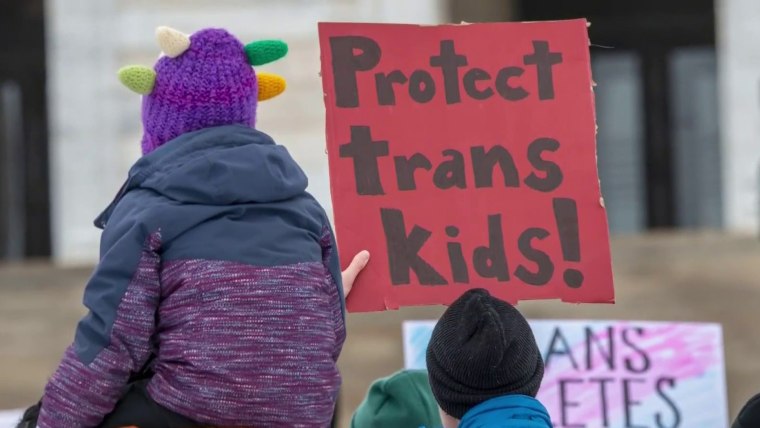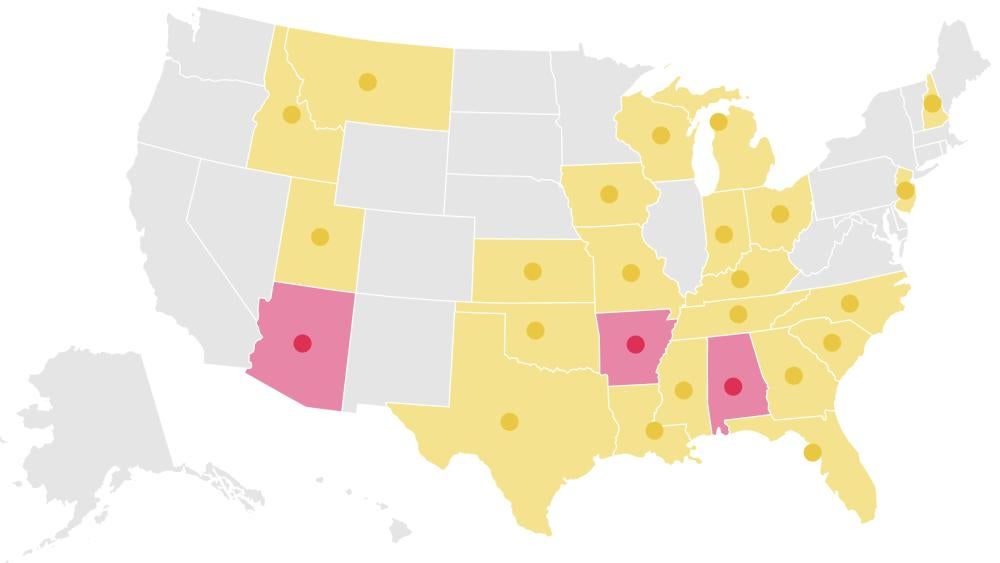Data Emerges Identifying Alarming Intersection of Monkeypox (MPV), HIV, and Homelessness
While monkeypox (MPV) cases are declining nationally, health officials are learning new details about who’s at greater risk and why. It’s shining urgent new light on known challenges to health and well-being and how they’re not only a risk to a person but to public health overall.
Alarming data has emerged linking severe cases of MPV in people living with untreated HIV who are also experiencing homelessness.
In a recent study by the Centers for Disease Control and Prevention (CDC), outlined in an early release of the Morbidity and Mortality Weekly Report (MMWR) on October 26, 82% of study participants with severe MPV were also people living with HIV. And 23% were people experiencing homelessness. The study also found that 72% of the severe MPV cases among people living with HIV also had fewer than 50 CD4 cells, indicating a damaged immune system and disease progression from HIV to AIDS. Only 9% of people were taking antiretroviral medication at the time of their MPV diagnosis.
Housing Opportunities for Persons With AIDS (HOPWA) is responding to the intersecting health crisis of MPV, HIV, and homelessness. HOPWA is a long-time federal program providing grants to local communities, states, and non-profit organizations to assist low-income people living with HIV. HOPWA is directing grant partners to utilize funds to secure immediate housing for people impacted by the current MPV outbreak.
Rita Harcrow, Director, Office of HIV/AIDS Housing, U.S. Department of Housing and Urban Development, which manages HOPWA, tells GLAAD that along with medical interventions, health professionals invested in reducing occurrences of MPV and HIV must also prioritize housing.
“Housing equals better health outcomes, period. There are all these great medical interventions available, but if someone is experiencing housing instability, they don’t benefit from that,” Harcrow says. “They usually cannot focus on the medical resources available because they’re focused on where they will lay their head tonight.”
According to Harcrow, if a person is experiencing homelessness and is impacted by HIV and MPV, HOPWA is ready to intervene. The organization provides immediate hotel or motel resources for no more than 60 days over six months until more permanent housing is established, which often means placement on a waitlist.
“But while they’re in crisis mode, getting them out of that unsheltered homelessness is really important,” she says.
Black gay men, homelessness, and MPV

Housing instability is a vital concern, particularly for Black gay and bisexual men disproportionately impacted by HIV and severe cases of MPV. In 2019, Black people accounted for 13% of the U.S. population but 40% (479,300) of people with HIV. According to the CDC, Black gay and bisexual men accounted for 82% of HIV acquisitions. Black gay and bisexual men also account for the largest share of MPV cases, with 70% attributed to people of color.
“When we continue to look at the population most vulnerable for infection or inequities, I think [Black] people are at the front of that line,” says Daniel Driffin, Project Manager & Community Monkeypox Coordinator, HIV Vaccine Trial Network.
Driffin points to the social and structural determinants of health—income, health access, housing, and transportation as contributing factors.
“More than 70% of healthcare is connected to your employment. So, if you don’t have a full-time job, you probably won’t have health benefits. Not having a full-time job directly relates to where you can afford to live, which also directly relates to public transportation and other access components,” Driffin adds.
Leisha McKinley-Beach, a veteran Atlanta-based National HIV Consultant, tells GLAAD from a public health perspective, the holistic needs of Black gay and bisexual men have yet to be prioritized in working to achieve better overall health outcomes.
“You’ve got these systems that were never designed to impact Black people, especially Black same-gender-loving men, in ending this epidemic,” she says. “When the reality is if Black people weren’t diagnosed with HIV, if Black people weren’t achieving viral suppression, the money would dry up. It wouldn’t be a need if half of the epidemic is gone.”
McKinley-Beach says a different level of action needs to occur, focusing on the stigma attached to HIV and MPV. According to McKinley-Beach, stigma causes Black gay and bisexual men to not engage in care as often as their white counterparts, leaving them susceptible to disease progression and homelessness.
“When we talk about what stigma looks like in Black communities…that thing is so heavy, and it is impacting our decisions to access and sustain HIV care and treatment,” she says.” There won’t be viral suppression for Black communities until we address the people who are experiencing homelessness.”
“The barriers to housing are already there for LGBTQ [people], especially gay and bisexual men of color,” Harcrow says. “The stigma is there for HIV already, which we try to combat regularly. Discrimination is illegal in housing. If someone is experiencing housing discrimination because of their gender or perceived gender or orientation, that’s reportable,” she adds.
Driffin and McKinley-Beach are concerned that Black gay and bisexual men will continue to bear the brunt of poor health outcomes if public health professionals remain committed to utilizing the same playbook.
“As long as there is a tinge of other-ing involved in how we deliver services, not only healthcare-related services but social services, I think we will continue to see folks falling through the gaps,” he says.
Driffin’s observation bolsters HOPWA’s commitment to identifying and addressing the prevalence of HIV and homelessness experienced by Black gay and bisexual men diagnosed with severe MPV.
“We’re trying to help communities make the connection that housing can and should be used to address the needs of folks in the highest need of services,” Harcrow says.
People needing immediate housing assistance should contact a homeless provider in their area to connect to available resources. According to Harcrow, many communities have funds reserved for short-term rent, mortgage, and utility assistance.
“We have to have city [and public health] officials who understand HIV, housing, and the larger continuum of care,” Driffin says. “If we are placing folks in housing, but we’re not encouraging them to be the healthiest they can be—what are we doing?”
